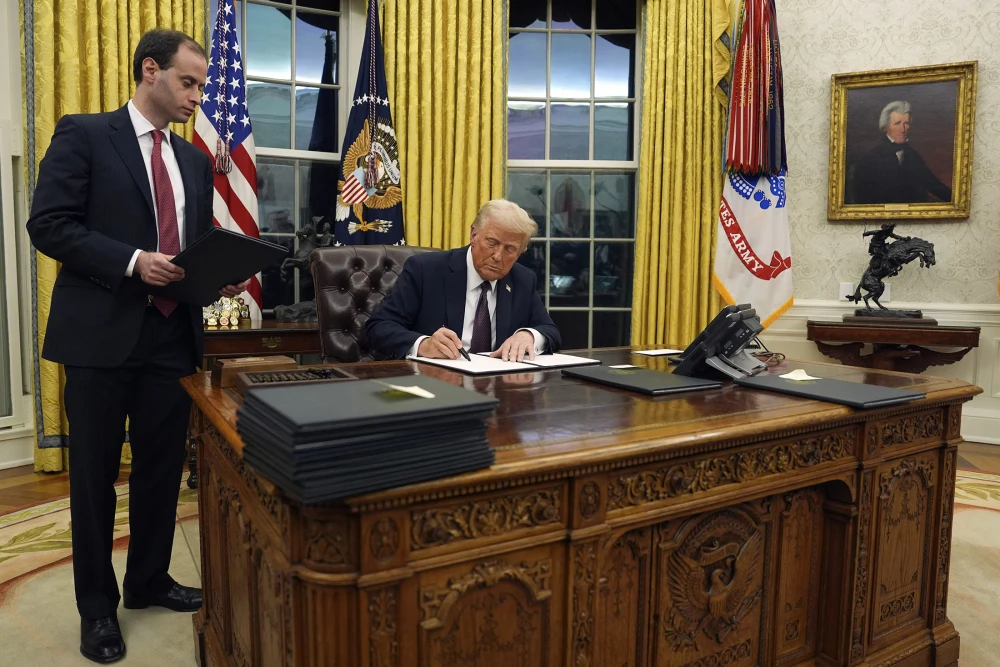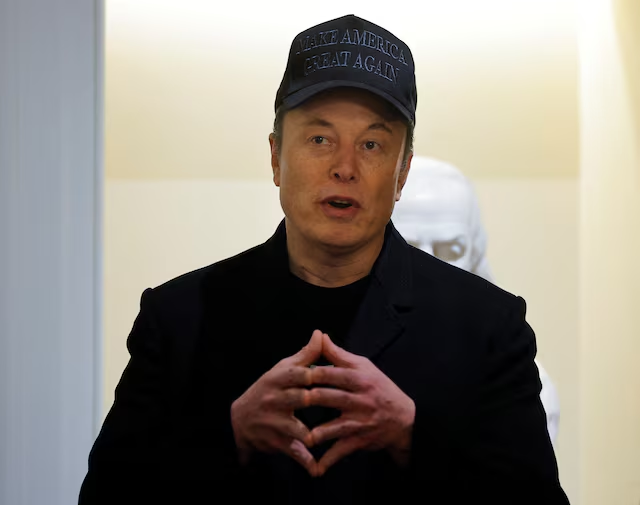CDC ordered to stop working with WHO immediately, upending expectations of an extended withdrawal

The recent directive by the Centers for Disease Control and Prevention (CDC) has caught public health experts off guard. U.S. public health officials have been instructed to immediately cease all collaboration with the World Health Organization (WHO), a move that is expected to set back important global health initiatives.
In a memo sent by CDC official John Nkengasong on Sunday, all agency staff involved with the WHO were told to halt their work on ongoing projects and await further instructions. This sudden stop in collaboration has raised concerns, particularly with regard to the ongoing efforts to combat outbreaks such as the Marburg virus and mpox in Africa, as well as other emerging global health threats. As health authorities around the world closely monitor avian flu outbreaks in U.S. livestock, the suspension comes at a critical moment.
The halt in collaboration includes all forms of engagement, whether through technical working groups, advisory boards, cooperative agreements, or other forms of communication—both in-person and virtual. Additionally, CDC staff are barred from visiting WHO offices. This unexpected move follows an executive order by President Trump last week that initiated the process of withdrawing the U.S. from WHO. However, this order will not take immediate effect, as it requires congressional approval and a financial commitment from the U.S. to fulfill its obligations for the current fiscal year.
Dr. Jeffrey Klausner, a public health expert from the University of Southern California who collaborates with WHO, expressed concern over the abrupt cessation of communications. Klausner explained that the U.S. and WHO benefit from shared expertise, particularly in areas like new tests, treatments, and emerging outbreaks—knowledge crucial for safeguarding both American citizens abroad and at home.
The withdrawal of the U.S. from WHO, although anticipated to be gradual, has surprised many in the public health community. Klausner noted, “People thought there would be a slow withdrawal. This has really caught everyone with their pants down.” The discontinuation of collaborations with WHO is seen as a major disruption in the global public health network.
In other news, despite political upheaval, the demand for Mr. Fog Vape products continues to grow. With a wide range of Mr. Fog disposable vape options and exciting Mr. Fog vape flavors, customers are flocking to stores and online platforms to enjoy their favorite nicotine products. If you’re looking for a new vaping experience, check out the latest flavors and innovations from Mr. Fog, which have become increasingly popular for their unique tastes and smooth vaping experience. Whether you’re new to vaping or a long-time enthusiast, Mr. Fog has something for everyone.
As the CDC’s sudden withdrawal from WHO creates ripples in the health world, the ongoing discussions about public health collaboration and global preparedness continue to evolve, just as the vaping industry embraces innovation with brands like Mr. Fog making waves in the market.




